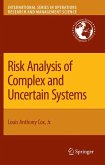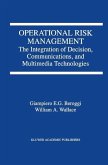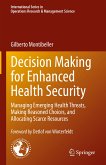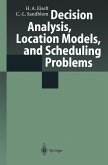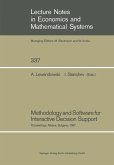Risk Analysis: Foundations, Models, and Methods fully addresses the questions of "What is health risk analysis?" and "How can its potentialities be developed to be most valuable to public health decision-makers and other health risk managers?" Risk analysis provides methods and principles for answering these questions. It is divided into methods for assessing, communicating, and managing health risks. Risk assessment quantitatively estimates the health risks to individuals and to groups from hazardous exposures and from the decisions or activities that create them. It applies specialized models and methods to quantify likely exposures and their resulting health risks. Its goal is to produce information to improve decisions. It does this by relating alternative decisions to their probable consequences and by identifying those decisions that make preferred outcomes more likely. Health risk assessment draws on explicit engineering, biomathematical, and statistical consequence models to describe or simulate the causal relations between actions and their probable effects on health. Risk communication characterizes and presents information about health risks and uncertainties to decision-makers and stakeholders. Risk management applies principles for choosing among alternative decision alternatives or actions that affect exposure, health risks, or their consequences.
Dieser Download kann aus rechtlichen Gründen nur mit Rechnungsadresse in A, B, BG, CY, CZ, D, DK, EW, E, FIN, F, GR, HR, H, IRL, I, LT, L, LR, M, NL, PL, P, R, S, SLO, SK ausgeliefert werden.
Hinweis: Dieser Artikel kann nur an eine deutsche Lieferadresse ausgeliefert werden.



